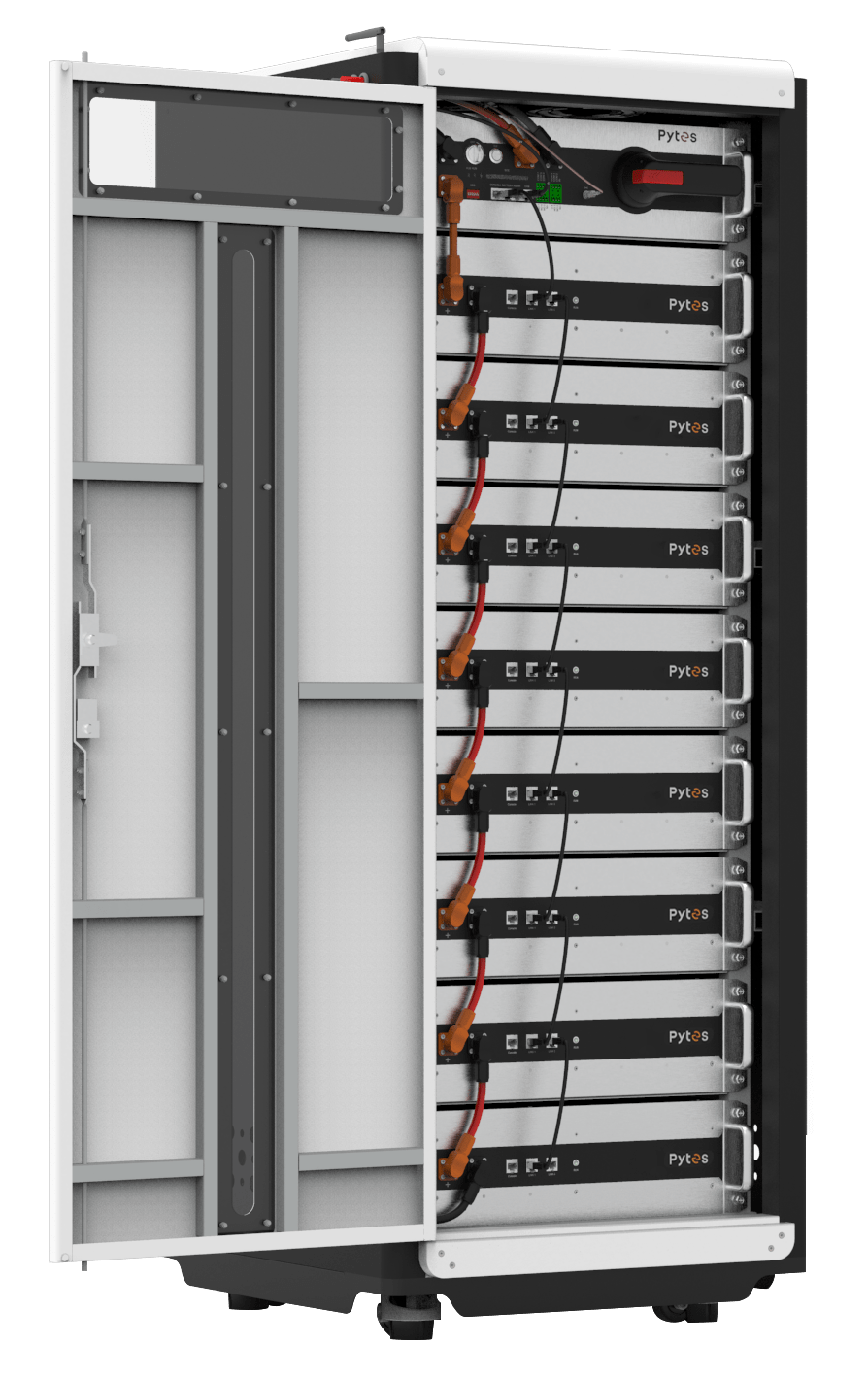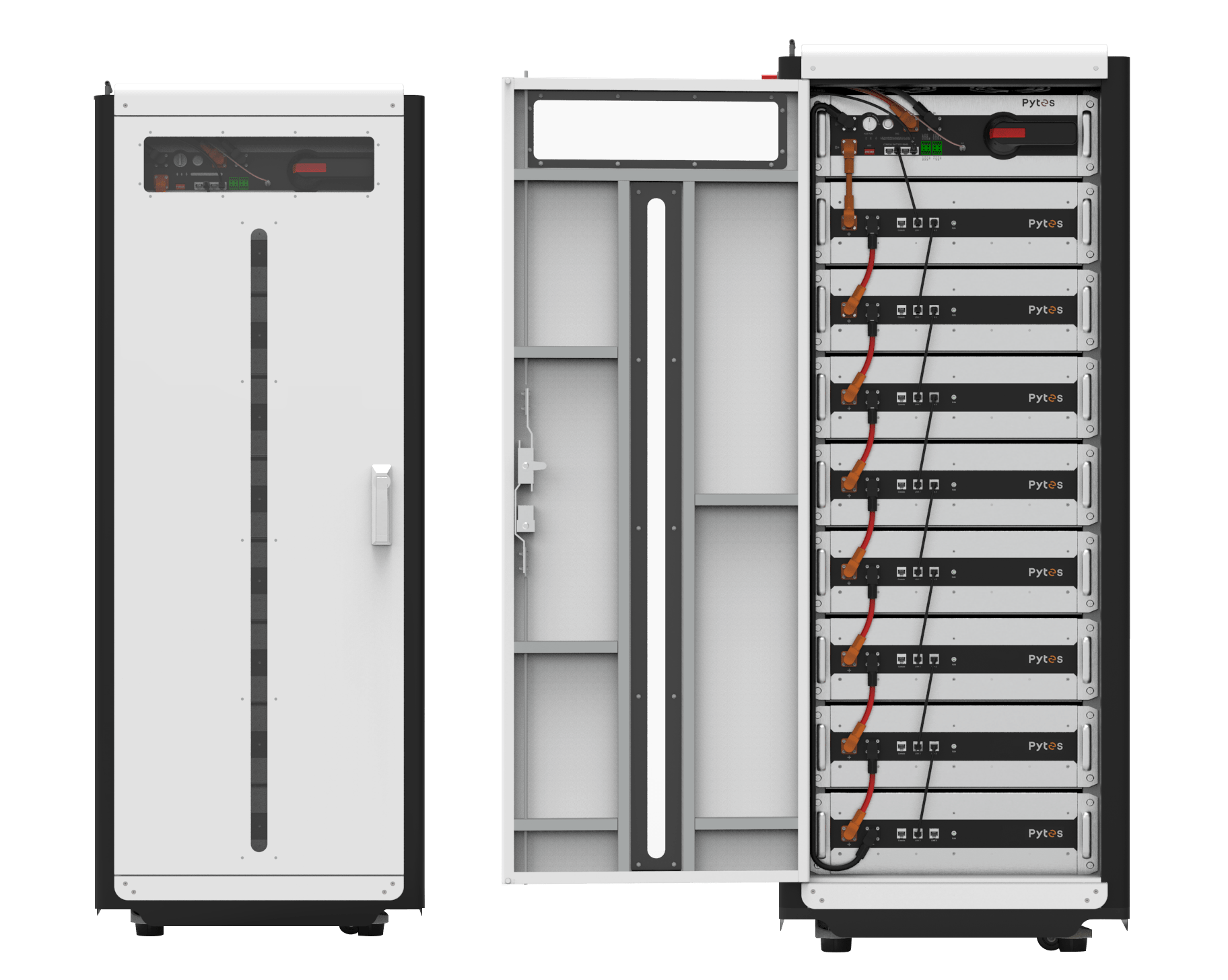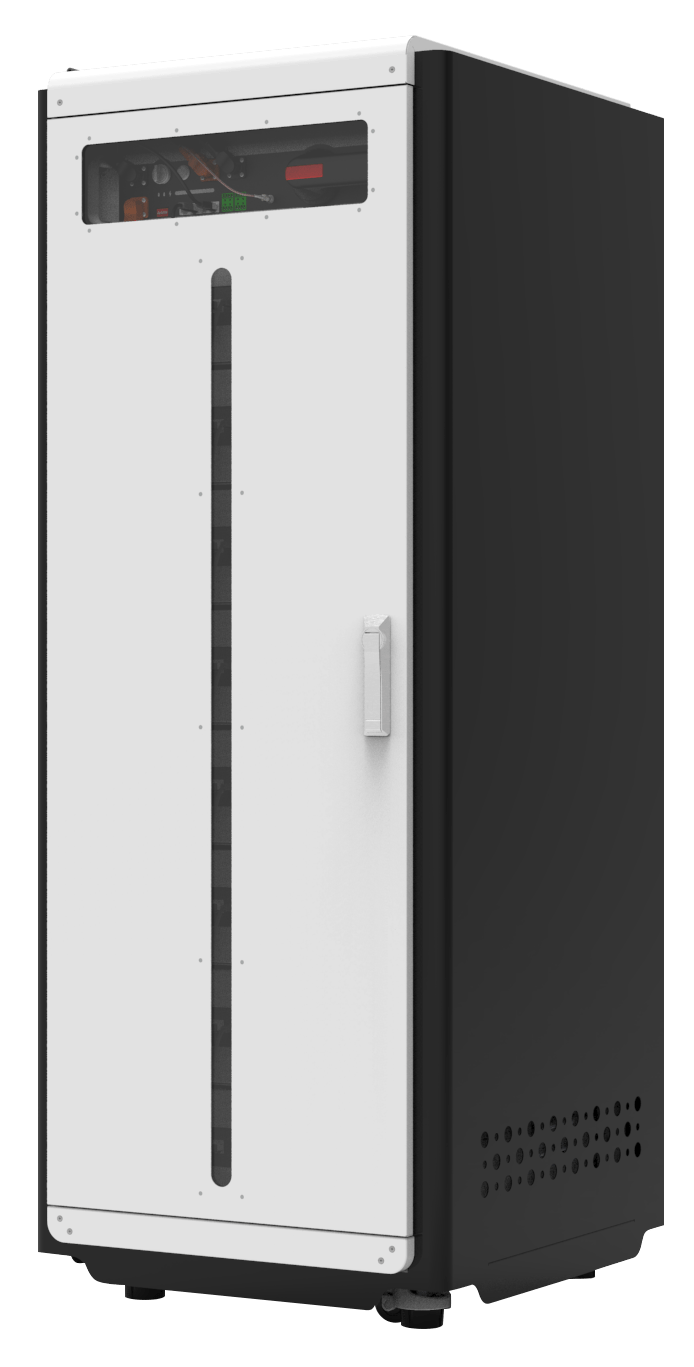In recent years, the demand for renewable energy has increased due to climate change concerns and the need for sustainable solutions. Photovoltaic (PV) energy, which uses the sun's energy to generate electricity, is a popular choice for clean energy production. However, a challenge for PV energy is its intermittent nature, relying on sunlight availability. To improve energy management, combining energy storage batteries with PV systems is crucial. In this blog, we will explore how PV energy storage batteries enhance energy management.
I. Understanding Photovoltaic Energy Storage Batteries
Photovoltaic energy storage batteries are devices that store excess electricity generated by PV systems during periods of high sunlight availability. These batteries store the surplus energy for later use when sunlight is limited or unavailable. By storing energy, these batteries help to bridge the gap between energy generation and consumption, ensuring a continuous and reliable power supply.

II. Benefits of Photovoltaic Energy Storage Batteries
1. Energy Independence:
One of the significant advantages of photovoltaic energy storage batteries is that they promote energy independence. By storing excess energy, homeowners and businesses can reduce their reliance on the grid during peak demand periods or when grid power is unavailable. This independence not only provides peace of mind but also contributes to a more resilient and decentralized energy system.
2. Load Shifting:
Photovoltaic energy storage batteries enable load shifting, which refers to the ability to use stored energy during times of high electricity demand or peak pricing. By shifting energy consumption to off-peak hours, users can take advantage of lower electricity rates and reduce their overall energy costs. This feature is particularly beneficial for businesses that operate during peak hours or for residential users who want to optimize their energy consumption.
3. Grid Stabilization:
The integration of photovoltaic energy storage batteries also plays a crucial role in stabilizing the electricity grid. As more renewable energy sources, such as PV systems, are connected to the grid, fluctuations in energy supply become more common. Energy storage batteries can help mitigate these fluctuations by absorbing excess energy during periods of high generation and releasing it during times of high demand. This balancing act contributes to a more stable and reliable grid infrastructure.
III. Types of Photovoltaic Energy Storage Batteries
1. Lead-Acid Batteries:
Lead-acid batteries have been widely used in photovoltaic energy storage systems due to their low cost and proven technology. These batteries are reliable and have a long lifespan, making them suitable for various applications. However, they have a lower energy density compared to other battery technologies and require regular maintenance.
2. Lithium-Ion Batteries:
3. Lithium-ion batteries: In recent years, lithium-ion batteries have become popular due to their high energy density, longer service life and lower maintenance requirements. For example, LFP batteries (Pytes High Voltage LFP batteries) in lithium-ion batteries have the characteristics of high energy density, long service life and good safety, and are widely used in the field of energy storage systems.

IV.Photovoltaic(Weak System) Energy Storage Solutions:PytesHV48100
Pytes HV48100 is a distributed energy storage system developed and produced by Pytes, a solar battery manufacturer, using high-performance LFP storage batteries and equipped with Pytes' independent battery management system. With the integration of battery pack, high voltage control box and battery management system, Pytes HV48100 can be widely used in charging stations, buildings, factories and other scenarios, realizing the functions of peak shifting and valley filling for the weak power system, emergency backup power and photovoltaic energy storage.
1.Characteristics of the Pytes HV48100
a. All-in-one design: The Pytes HV48100 integrates the battery pack, high-voltage control box, and battery management system in an IP20-rated enclosure. This integrated design simplifies installation and increases system reliability.
b. High-performance battery: Pytes HV48100 adopts high-performance LFP energy storage batteries, equipped with Pytes' independent battery management system, which is highly safe, with a cycle life of more than 6,000 times and a cycle efficiency of up to 95%.
2.Advantages of the Pytes HV48100
a. Short charging time: Each module of HV48100 has a peak continuous output power of 2.56 KW, which can be fully charged in only 2 hours. The short charging time ensures fast power supply and reduces downtime.
b. System Expansion: The HV48100 supports system expansion up to 15 units in series. This scalability can flexibly meet different energy storage needs and realize cooperative control of multiple devices through intelligent control system.
c. Peaking and Emergency Power Backup: The HV48100 can be used for peaking by storing excess energy generated during peak sunlight hours. It can also be used as an emergency power backup to ensure a reliable power supply in the event of a grid outage or poor system condition.

Conclusion
Photovoltaic energy storage batteries play a vital role in improving energy management by addressing the intermittent nature of solar energy. These batteries provide energy independence, enable load shifting, and contribute to grid stabilization. By embracing photovoltaic energy storage batteries, we can accelerate the transition to a more sustainable and resilient energy system, reducing our reliance on fossil fuels and mitigating the impacts of climate change.
Pytes (USA) Energy, Inc. is a leader in the development of residential energy storage systems. Our goal is to help individuals minimize costs during power outages by providing ongoing support and leveraging over 20 years of technical expertise. At Pytes, you can expect reliable and efficient energy storage solutions.
If you are looking for energy storage system solutions, welcome to contact us or browse our website for more information about our battery products.
Website: www.pytesusa.com
The Role of High Voltage LFP Batteries in Energy Storage Systems
